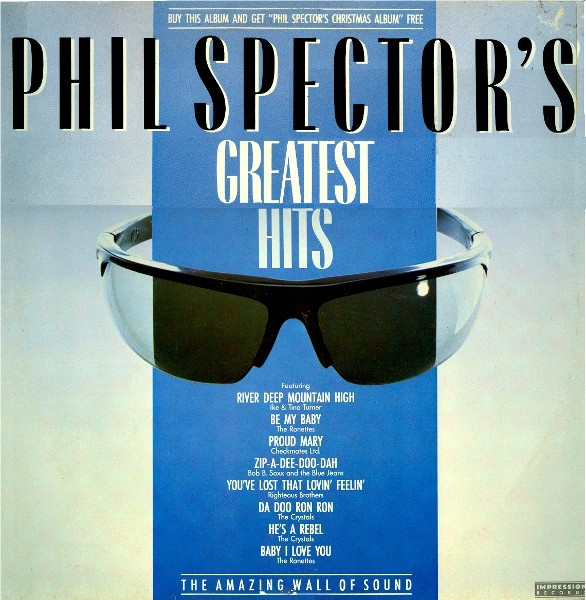Free: Heartbreaker - 1973
Free bowed out in 1973 as they had begun in 1968, with more blues-drenched rock. No pretensions here or in any of their six studio albums and one live album.
You knew what you were going to get from these tight denim-trousered lads - big, ballsy blues rock. This was also the first album to feature Japanese bassman Tetsu Yamauchi who also went on to (briefly) play with Rod Stewart & The Faces. However, as already mentioned, it was to be their last album and it has a sort of Beatles' Let It Be feel to it. Bassist Andy Fraser had left (replaced by the afore-mentioned Yamauchi) and guitarist Paul Kossoff's soon to be fatal drug habit (1976) meant that he only featured on about half the album.

There was, therefore, a fractured nature to the album that contrasts strongly with the cohesive bonhomie of the previous offerings. Keyboardist John "Rabbit" Bundrick also arrived and the album was made up with material from several different sessions. American session guitarist "Snuffy" Walden plays on some of the tracks, Kossoff on others, both on one (Seven Angels) so there is a slight disjointed feel to it. Only just though, the talents of Paul Rodgers and Simon Kirke still carry it through to be a very good album. Like The Faces, who called it a day in the same year with the similarly good Ooh La La, both bands would be much missed.
The album kicks off, ironically, with an absolute copper-bottomed Free classic in Wishing Well. It is full of solid, riffy power and is in possession of an archetypal superb, resonant Paul Rodgers vocal. Not too many bands come up with one of their best ever tracks on their swansong album, but Free certainly do here. Just listening to that intro takes me right back to lying in bed with a winter cold in early 1973 and hearing it played several times on the radio. Whenever I hear it, even all these years later, I feel that I have a heavy cold! As that big thumping intro arrives it serves as quite a pick-me-up.
Come Together In The Morning slows down the pace but still has a coal-mine deep rumbling bass line supporting Rodgers' late-night bluesy growl. The track also features some sumptuous organ and surprisingly subtle guitar, at times (not the big, buzzy solo, though). As usual, Simon Kirke's drums were solidly reassuring.
Travellin' In Style is also a latter-day Free classic - a melodic, slow blues with Rodgers effortlessly delivering his vocal over acoustic and electric guitars and a quirky piano. Just check out that wonderful bass line. Heartbreaker is a stately piece of muscular slow burning blues. Whatever inner turmoil the group were clearly going through, you simply can't argue with tracks like this. Pulsating, no nonsense stuff.
Muddy Water is a soulful, almost gospelly number, again it is slow and insistent in its tempo. Free always played most of their blues rock at walking pace, but this album is even more that way inclined, and Common Mortal Man continues that trend. There is some nice piano on it too. That piano also enhances the seductive soul of Easy On My Soul.
Seven Angels ups the brute power but its pace remains the same. Paul Rodgers would form Bad Company with Mick Ralphs in the following year, and this is a track that was very much like some of their subsequent material. The guitar near the end is excellent.
Although this was a fine album on which to say farewell, it somehow lacks some of that je ne sais quoi of earlier Free albums. It plods along soundly enough, but without ever reaching any real heights.










